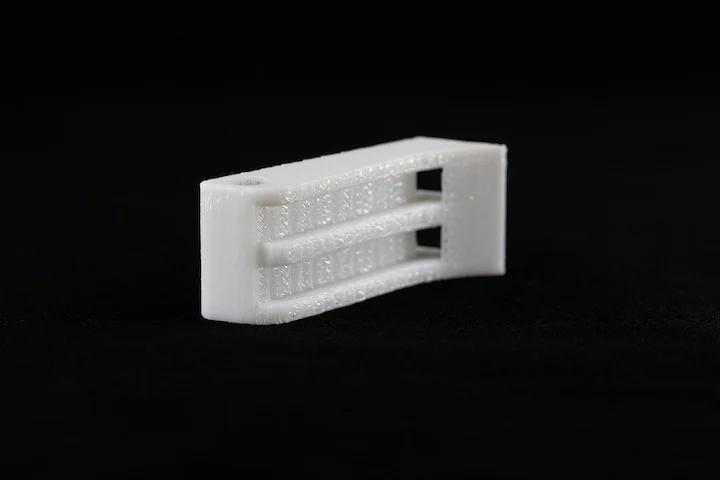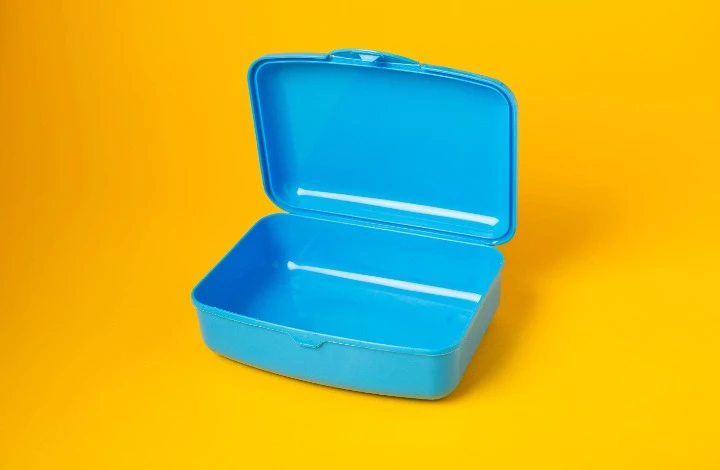PC-ISO, also known as polycarbonate-isoindrene copolymer, is a type of material used in 3D printing, specifically in the field of additive manufacturing using the Fused Deposition Modeling (FDM) process. PC-ISO is a biocompatible material that is often used for applications where high strength, heat resistance, and biocompatibility are important. Some common applications of PC-ISO in 3D printing include:
Medical Devices: PC-ISO is often used to produce medical devices and components that require biocompatibility and sterilization compatibility. It can be used for items like surgical tools, orthopedic implants, dental devices, and anatomical models.
Prototyping: The material’s strength, toughness, and heat resistance make it suitable for producing functional prototypes of parts and products that need to undergo testing and validation under real-world conditions.
Jigs and Fixtures: PC-ISO can be used to create custom jigs, fixtures, and tooling for manufacturing processes. These parts need to be strong and able to withstand repeated use and exposure to heat.
Engineering Components: The material’s mechanical properties make it suitable for producing engineering components that need to withstand mechanical stress, impact, and temperature fluctuations. This includes parts for machinery, industrial equipment, and automation systems.
Electrical and Electronic Components: PC-ISO’s heat resistance and electrical insulation properties make it suitable for producing enclosures, housings, and other components for electrical and electronic devices.
Aerospace: Similar to other industries, aerospace applications can benefit from the strength, heat resistance, and lightweight nature of PC-ISO. It can be used for producing components such as interior parts, brackets, and fixtures.
Automotive: In the automotive industry, PC-ISO can be used to create functional prototypes, jigs, fixtures, and interior components that require durability, impact resistance, and heat tolerance.
Consumer Goods: Some consumer products, especially those that require impact resistance, can be 3D printed using PC-ISO. This includes items like protective cases, housings, and durable consumer goods.
Functional Prototypes: PC-ISO is often used for producing functional prototypes that closely resemble the final product in terms of mechanical properties and appearance.
Chemical and Industrial Applications: The material’s chemical resistance and mechanical properties make it suitable for components used in chemical processing, industrial machinery, and manufacturing.
It’s important to note that PC-ISO, like other 3D printing materials, has its own set of advantages and limitations. Users should consider factors such as material properties, print settings, post-processing requirements, and the specific needs of the application when choosing to use PC-ISO for 3D printing.









